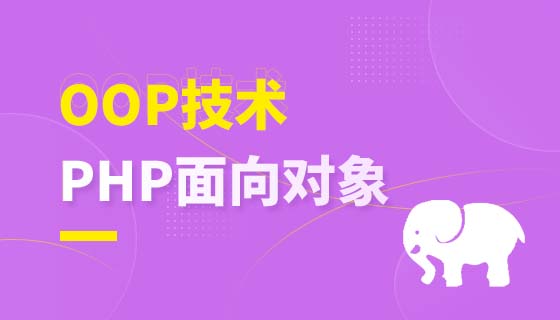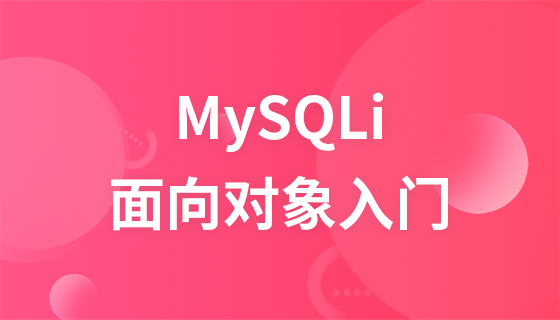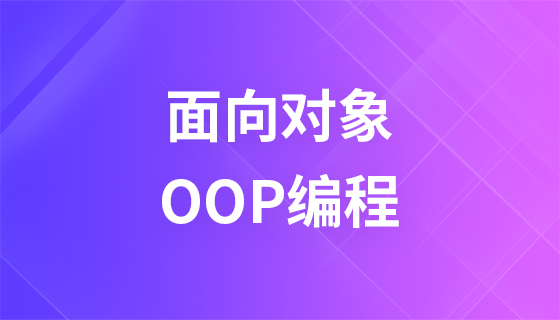面向对象编程的基本原则:
1、设置类的属性
<span>class</span><span> ShopProduct {
</span><span>public</span> <span>$title</span> = 'default product'<span>;
</span><span>public</span> <span>$producterMainName</span> = 'main name'<span>;
</span><span>public</span> <span>$producterFirstName</span> = 'first name'<span>;
</span><span>public</span> <span>$price</span> = 0<span>;
}
</span><span>$product1</span> = <span>new</span><span> ShopProduct();
</span><span>//</span><span>设置属性</span>
<span>$product1</span>->title = "My Antonia"<span>;
</span><span>$product1</span>->producterFirstName = "Cather"<span>;
</span><span>$product1</span>->producterMainName = "Willa"<span>;
</span><span>$product1</span>->price = 5.99<span>;
</span><span>//</span><span>访问</span>
<span>echo</span> 'author: '.<span>$product1</span>->producterFirstName.' '.<span>$product1</span>->producterMainName;用以上方法设置属性值会有很多问题:
第一:PHP允许动态设置属性,如果拼错或忘记属性名时并不会得到警告。例如错误地把
<span>$product1</span>->producterMainName = "Willa";
写作
立即学习“PHP免费学习笔记(深入)”;
<span>$product1</span>->producterSecondName = "Willa";
,当我们输出作者名字的时候,会有意想不到的结果。
第二:类太过松散,我们没有强制设置标题、价格或者产品名称,客户端代码可以确定的是这些属性存在,但是面对的可能是默认值也可能不是,理想情况下,我们希望实例化ShopProduct对象时设置有意义的属性值。
第三:不得不重复做一些经常做的事,比如多次需要完整输出作者的名字,就要重复使用
<span>echo</span> 'author: '.<span>$product1</span>->producterFirstName.' '.<span>$product1</span>->producterMainName;

每个人都需要一台速度更快、更稳定的 PC。随着时间的推移,垃圾文件、旧注册表数据和不必要的后台进程会占用资源并降低性能。幸运的是,许多工具可以让 Windows 保持平稳运行。




Copyright 2014-2025 https://www.php.cn/ All Rights Reserved | php.cn | 湘ICP备2023035733号